Responses from Faculty and Staff - "Getting Out of Your Silos" Panel Discussion
On March 26, 2025, the Center for Industry Studies co-hosted an inaugural panel discussion at the Law School titled, “Getting Out of Your Silos: How to Foster Transdisciplinary Research Opportunities between the Engineering and Law Schools.” One of the main goals of this panel discussion was to highlight research projects from the engineering faculty that demonstrate the legal implications of their projects, while emphasizing opportunities for collaboration with faculty at the law school.
1) Nancy Alvarez (Administrative Assistant, Hickton Center for Community Legal Services and Clinical Legal Education, School of Law)
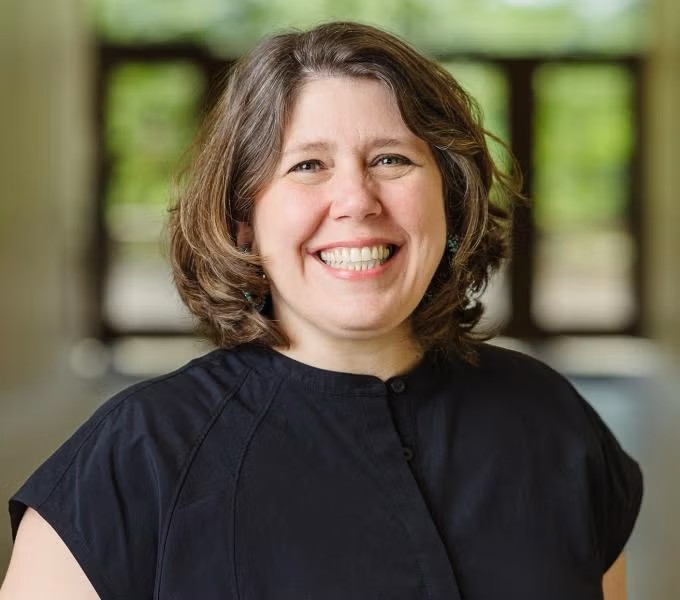
I wanted to attend the event and follow the process as a learning experience. I have a background in architecture, and the topic made me curious and want to learn more.
During the meeting, I thought particularly about how law or engineering courses could be integrated into both curriculums. It could help students understand better the legal processes in their field.
Many professionals in the construction industry pursue a master's in law or a JD. These are because they encounter legal challenges in their work, want to be part of the process behind the creation of laws and urban regulations, or want to work in public policies related to infrastructure, the environment, or technology.
2) Ron Brand (Chancellor Mark A. Nordenberg University Professor Academic Director, Center for International Legal Education, School of Law)
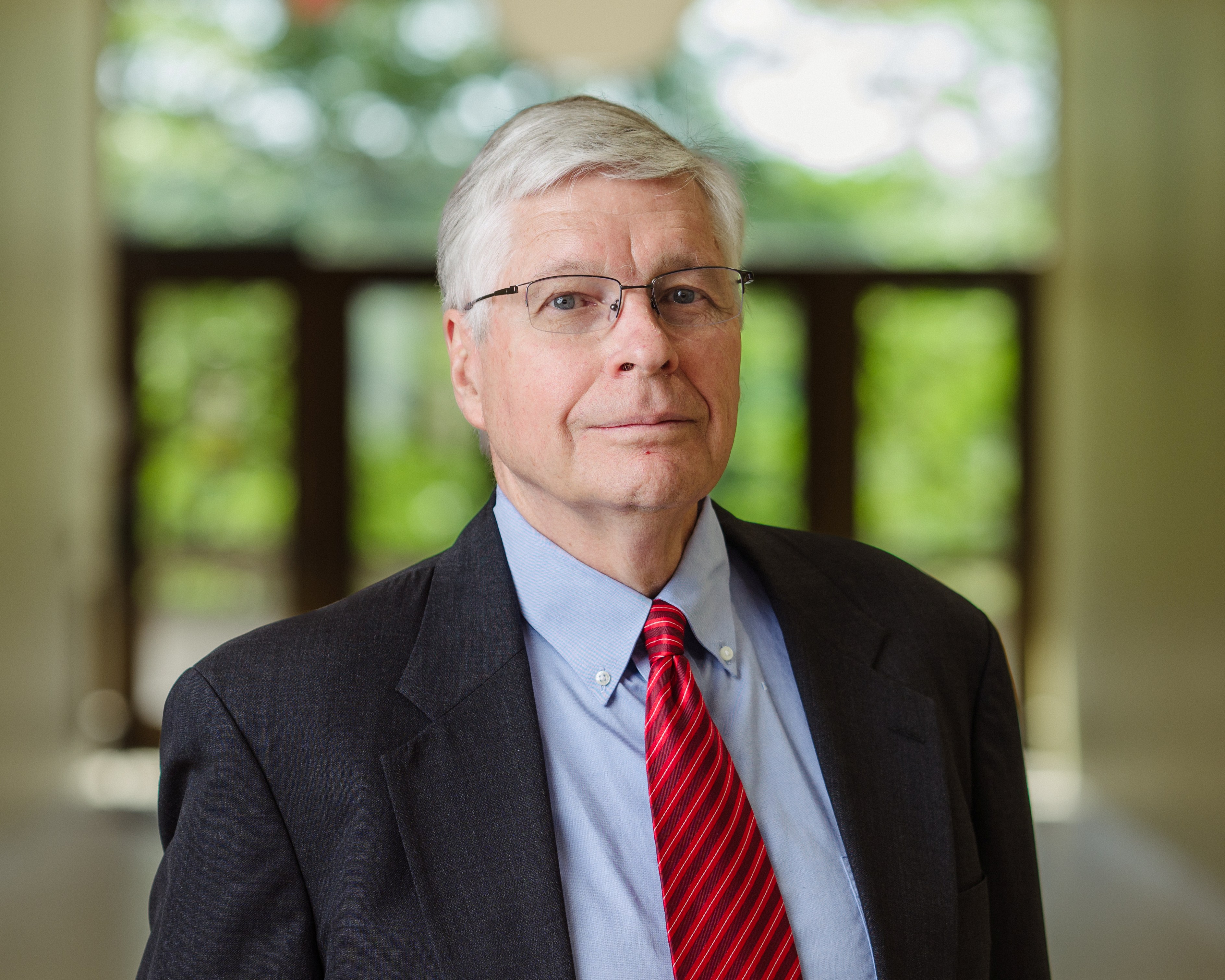
My work focuses on the legal aspects of cross border trade. I deal with both the law of dispute resolution and the law of transaction planning, emphasizing the overlap that is important between the two. The work includes being on the US delegation to the negotiation of private international law treaties (the 2005 Hague Choice of Court Convention and the 2019 Hague Judgments Convention), training students from nearly 40 countries in international commercial law and dispute resolution, co-teaching a course offered jointly at Pitt Law, Duquesne, and Cologne on a comparative law analysis of US and EU law, taking Pitt Law students to international arbitration moot competitions, teaching International Business Transactions and International Commercial Arbitration, and writing about related topics.
I’m interested in collaboration in both teaching and research, but think the teaching side may be more open to possibilities. We need to have graduates from all schools and departments who can communicate with lawyers, and law graduates who can communicate with experts in all disciplines. Any way to help produce those graduates through cooperative/collaborative education seems to me to be exciting.
3) Stephanie Dangel (Professor of Practice, Director, Sports, Entertainment, and Arts Law Online Certificate Program, School of Law)
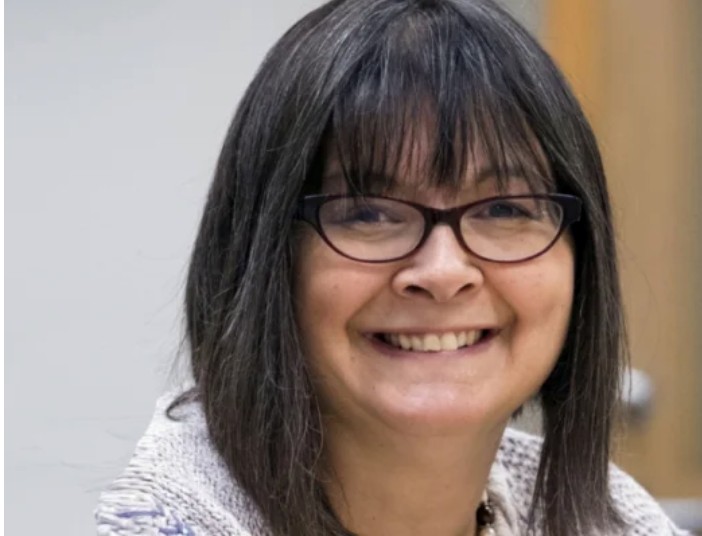
Pittsburgh currently has over 32,000 vacant lots, approximately one-third of which the City of Pittsburgh owns. These vacant lots have a negative impact on our city’s tax base, public health, safety and economic outcomes. Numerous studies in other cities have demonstrated that greening vacant lots in working class neighborhood can dramatically improve environmental justice outcomes. However, many of these studies fail to track the eco-gentrification costs incurred when affordable housing, local businesses, and lower-income residents are displaced from these neighborhoods.
A grant would fund a convergent, community-engaged research study of the public health, safety, and economic outcomes of leasing and greening four vacant lots in two majority Black, Pittsburgh neighborhoods. This project includes faculty from Pitt Law School (Stephanie Dangel and Jacquelin Walker) and Katz Business School (Susan Cohen). The results of this research pilot would allow us to seek follow-on grants from Pitt Momentum, foundation, and government sources, to expand our cost benefit analysis to include greened lots owned by a community land trust, which we are working to launch with local non-profits in these neighborhoods.
4) Alan Hirschman (Professor of Bioengineering, Swanson School of Engineering and McGowan Institute for Regenerative Medicine, Executive Director, Center for Medical Innovation)
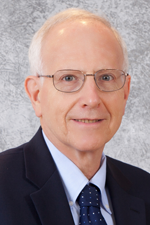
The Department of Bioengineering at SSOE has been offering a formal graduate degree (MS Bioengineering—Medical Product Engineering) since 2021 and a Professional Certificate in Medical Product Innovation since 2012. Our students have tried to register for several law courses over the last few years, but those courses have not been available for various reasons. I would like to see these revived and open to our students. In addition, we would like to make students in the Law School aware of our graduate Bioengineering offerings, some of which do not require an engineering degree. Some of these courses could be cross-listed as we currently do with the Schools of Health Sciences. At the very least, we would like to see a sharing of links to our respective educational programs featured on websites and in promotional materials. Here are the specific courses I would like to see revived:
Law 5210 – Patent Law
Law 5260 – Intellectual Property
Law 5631 – Law and Entrepreneurship
5) Vincent O. Johnson (Director of Equity & Inclusive Excellence, University of Pittsburgh School of Law)
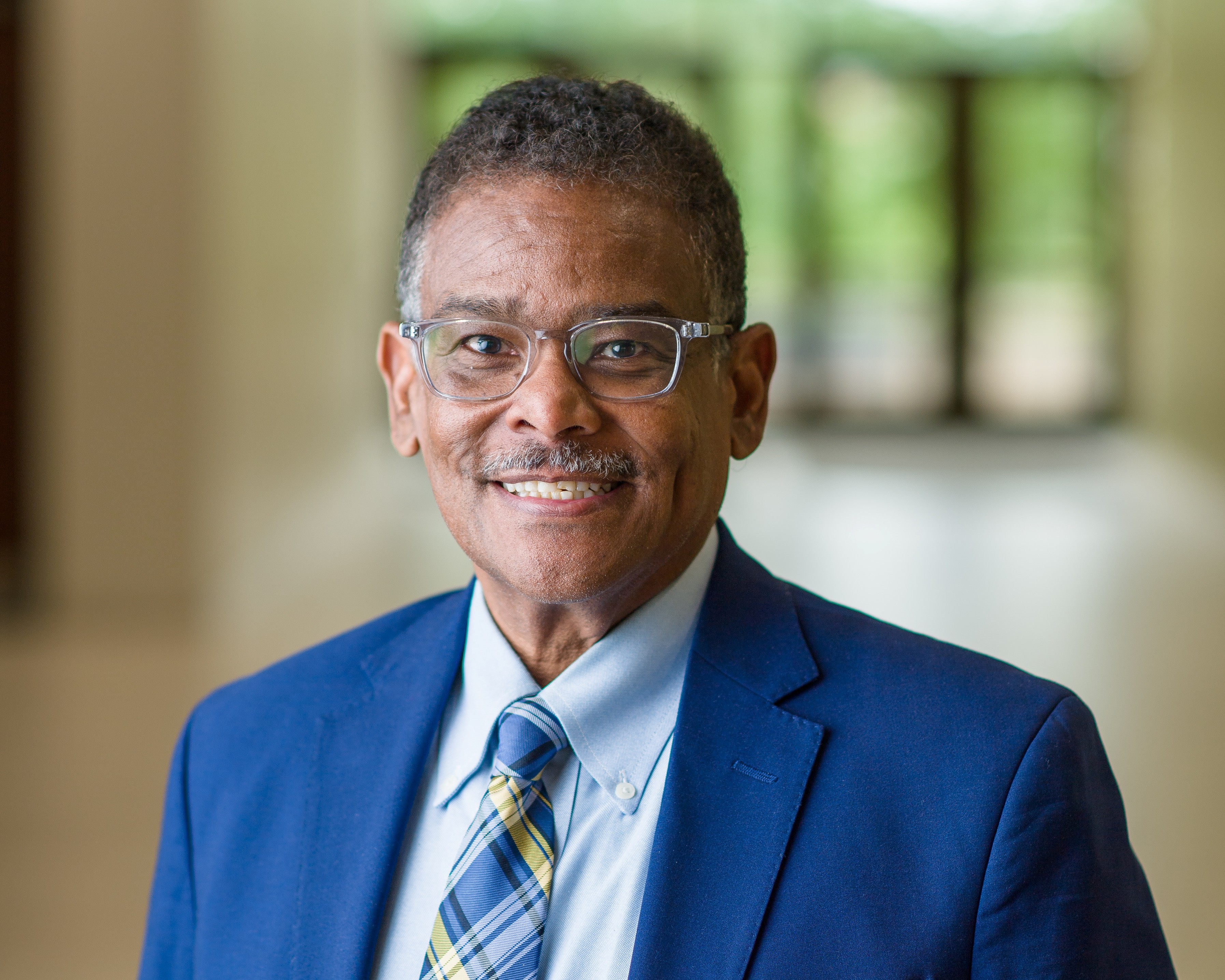
By virtue, of the synergy I experienced during the brainstorming session on March 26th, I believe that I can contribute an adaption of the curriculum of the “Exploring Cultural Identities through Intergroup Dialogue” course that I have created and taught during the past six years as an adjunct at Pitt Law. This would enable graduate students with diverse academic backgrounds (i.e., engineering, business, law, etc.) to practice having open and constructive dialogue regarding one’s lived experiences at the interpersonal and the cultural levels, utilizing a proven and tested facilitation model. During our meeting last week, I harkened back to my experiences working for 22-years with the Procter & Gamble Company in supply chain management; and at a manufacturing facility, where I routinely was a member of high-performance work teams that leveraged cultural differences. To that end, I have first-hand personal experience regarding the power and the tremendous value of harnessing the collective talents of a diverse work group. In my opinion, such a course could provide a unique experience for the students who are involved in this process; and enable them to develop a valuable set of tools which could enable them to enrich their business and personal relationships, regardless of where their life’s journey takes them.
6) Pratap S. Khanwilkar (Professor of Practice, and Director, MS Programs, Department of Bioengineering, Swanson School of Engineering)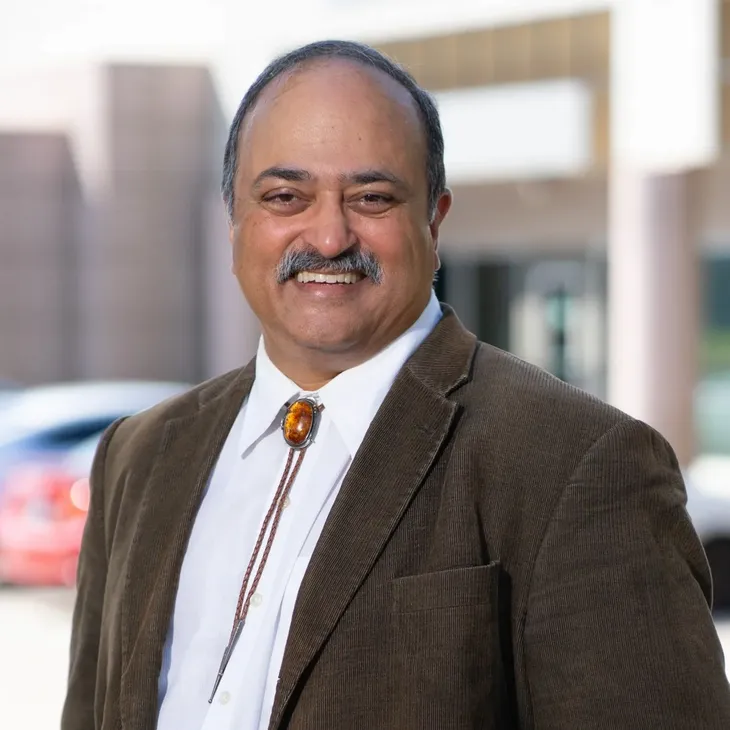
There are several intersections between law and medical/healthcare/bioengineering that deserve a collaborative effort. Based on my experience as a medtech innovator and entrepreneur, areas of mutual interest are: 1) Intellectual Property, 2) Regulatory Affairs and Compliance, 3) Reimbursement, 3) Contracts, 4) Cyber-security, 5) Corporate, 6) Start-up, and 7) Global/International.
Firmly believe that as we determine what to collaborate on in the realms of: 1) Research, 2) Education, and 3) Economic development, we establish metrics for success from top-down (Law, Engineering School level) to granular levels such as course and student outcomes. What gets measured gets done.
Over time, it would be wonderful to have other parts of Pitt such as the Business School, the Schools of the Health Sciences, and the Dietrich School of Arts and Sciences join us on this multi- and inter- disciplinary collaboration journey as I firmly believe that is will be the source of the tangible transformations and impactful innovations that society needs going forward.
7) Julian Rivera (Professor of Practice, AI and Health Law, University of Pittsburgh School of Law) 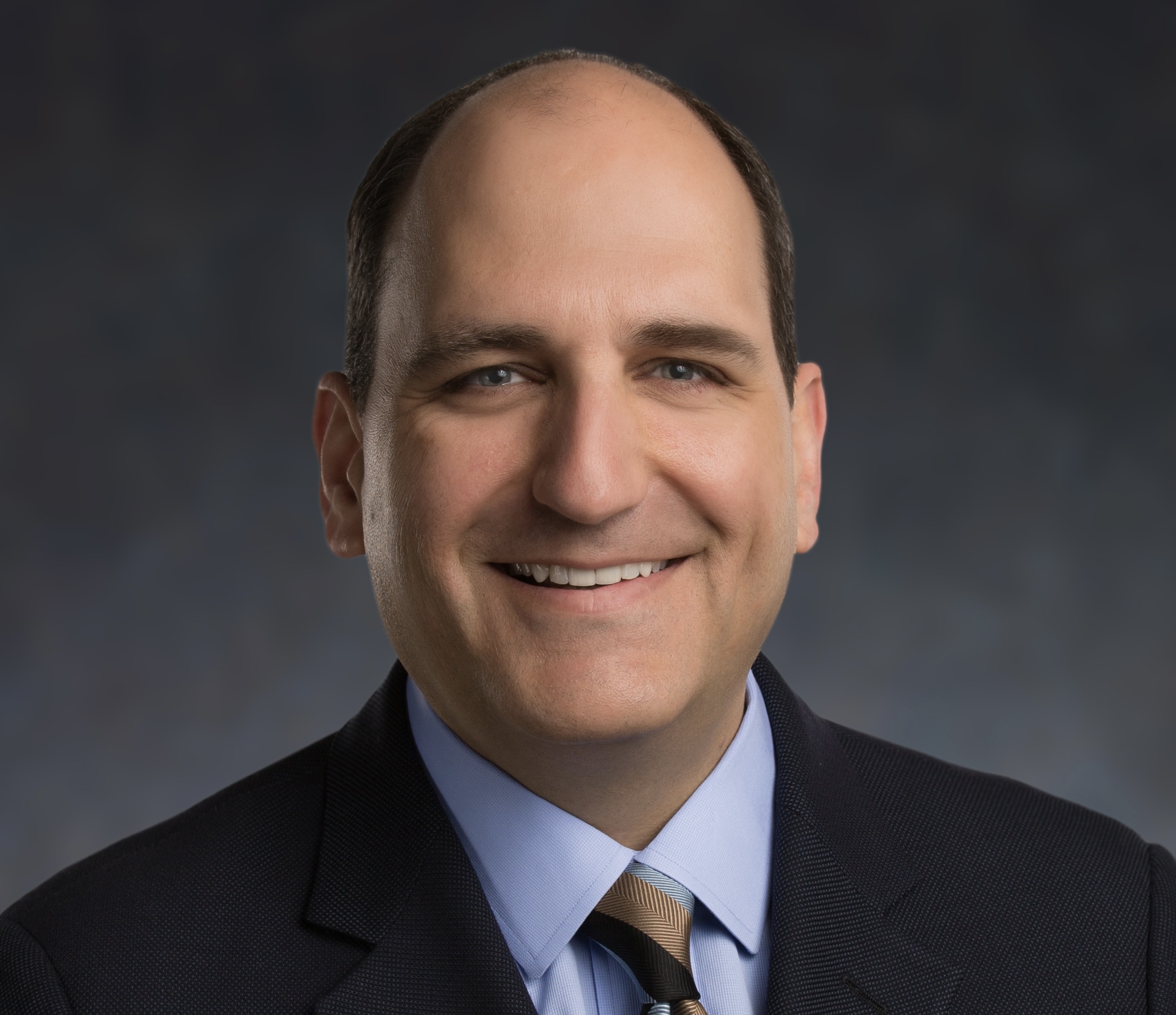
I work on the institutional and business side of AI governance—specifically how principles like transparency, responsibility, and trust get built into systems, workflows, and professional roles. My recent projects focus on AI in healthcare and education, where regulation, liability, and trust operate together. That includes how institutions and businesses —especially public and regulated ones—procure and adopt AI systems in ways that reflect professional standards, legal frameworks, and social accountability.
I also teach and advise on how to write with GenAI in ways that are ethical, effective, and aligned with emerging norms in professional and academic settings.
I defer to the group, but this work might connect with the Swanson community in a few ways:
– Designing compliance and risk frameworks for AI-enabled medical devices
– Developing curriculum on professional responsibility in AI-integrated system
– Structuring partnerships where law and engineering students work on shared governance problems
– Building modular courses which allow for integrating industry-specific substantive elements into this work
Happy to contribute where it’s useful or work through possibilities with any of you.
8) Eric A. Schaffer (Adjunct Professor, School of Law)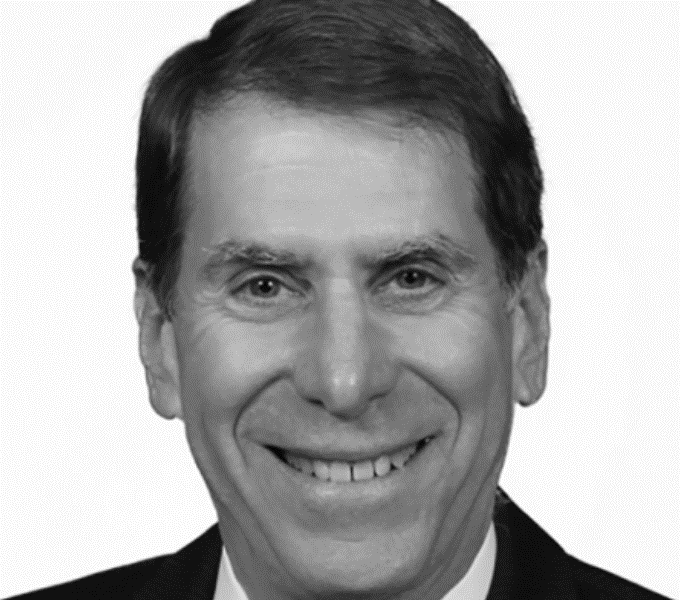
I was delighted to join you to discuss opportunities for collaboration. I see value in exploring three types of courses. “Law for Engineers” could provide engineering students with some basics on business organizations, corporate governance, commercial law, and intellectual property. “Engineering for Lawyers” could provide law students with insights into how engineering informs development and application of the law. A cross-disciplinary course for law and engineering students could explore the interplay of our areas of expertise in responding to technological and other 21st century challenges. These subjects also might inspire interdisciplinary studies by faculty members.
9) Götz Veser (Professor, Chemical & Petroleum, Swanson School of Engineering)
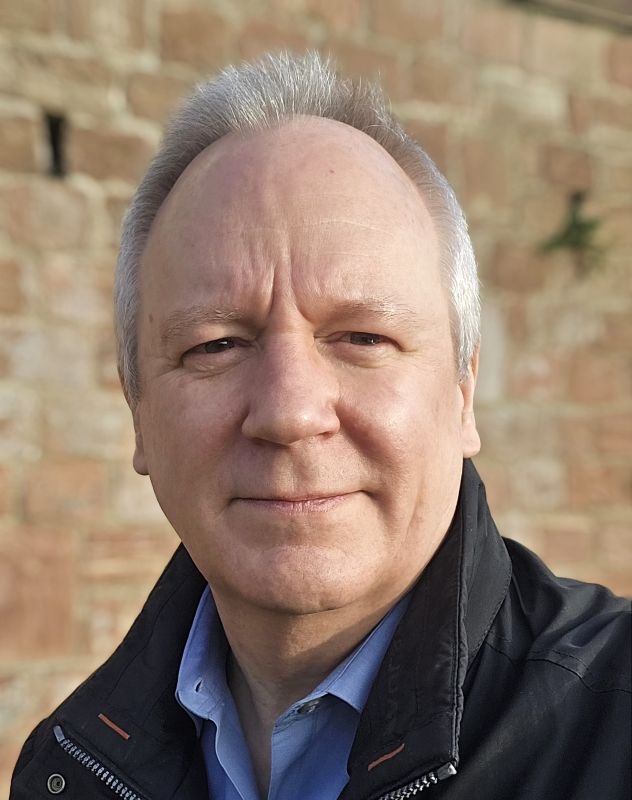
As discussed at the meeting, I think a low-hanging fruit could be the development of co-taught courses bridging Law and Engineering. Rather than having law faculty teach courses for engineering students—or engineering faculty for law students—this would partner Law and Engineering faculty to bring their complementary expertise into the classroom to co-teach classes engaging both law & engineering students.
This concept aligns with my pending NSF-NRT proposal (focused on training future leaders in the circular economy transition), which includes a collaboration between the Environmental Law & Policy Clinic (Josh Ash) and Engineering faculty to identify project topics for interdisciplinary student teams within ELPC. These teams, composed of Law and Engineering students, would be co-advised by faculty from both schools. Project topics could emerge from the engineering students’ graduate research and serve as a springboard for deeper faculty collaboration.
Please note that this is not happening yet, i.e. it is so far only part of the proposal (and, if funded, would start likely next spring or fall ’26).
A similar model could apply to project-based engineering capstone courses, where the projects could be extended from the usual narrow engineering focus (sometimes with a small business component) to incorporate a law perspective (e.g. regulatory aspects relevant for the core technology). Again, such projects would be co-advised by a team of law and engineering faculty.
As Director of the Circular Economy Program within the Mascaro Center, I would be happy to help facilitate collaboration of faculty with interest in such transdisciplinary teaching and project-based learning!
10) Bo Zeng (Associate Professor, Industrial Engineering, Swanson School of Engineering)
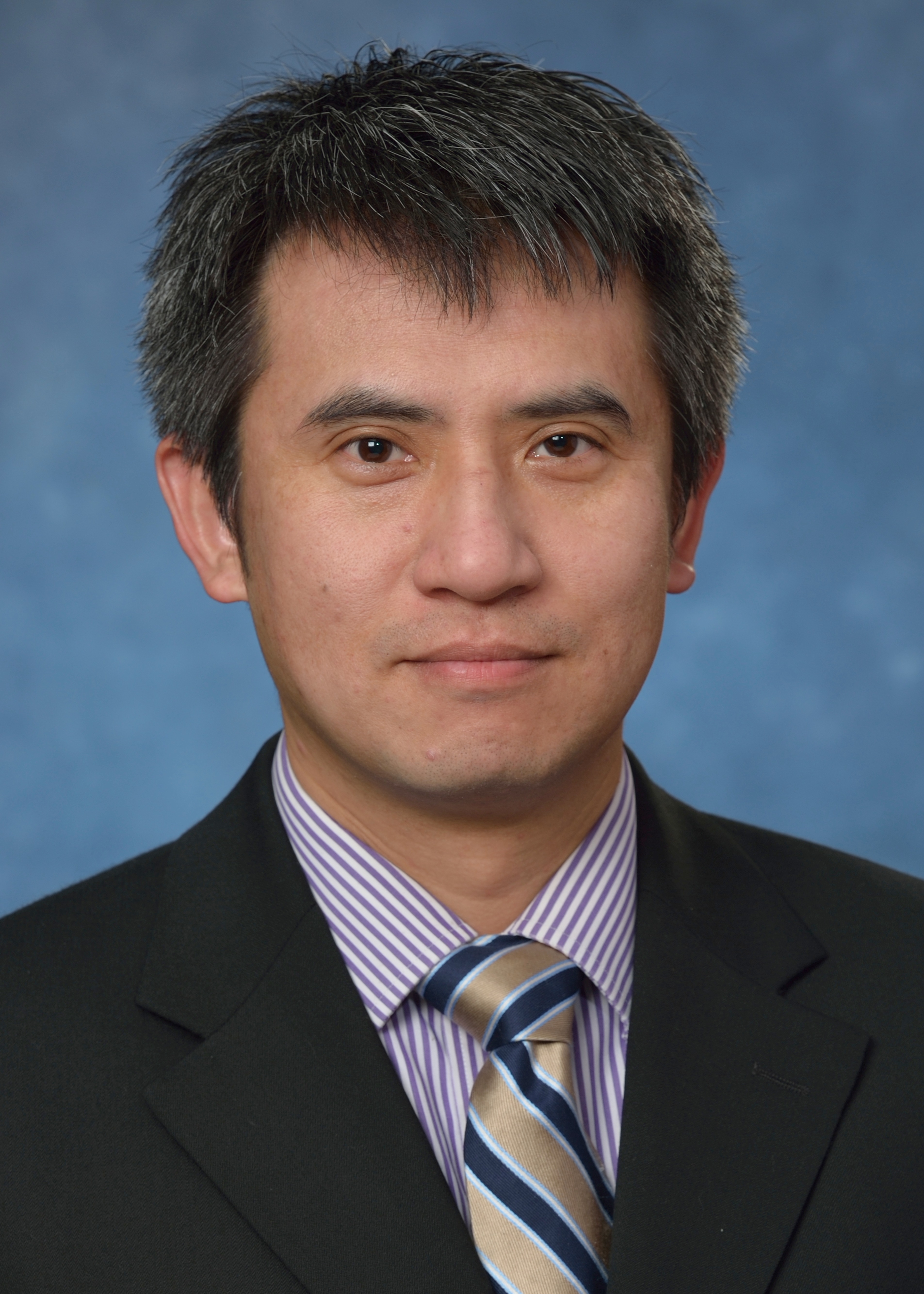
With my research background in computational science and computational game theory, I see strong potential for interdisciplinary collaboration with legal scholars in developing game-theoretic models and conducting computational analyses. These collaborative efforts can provide rigorous, quantitative insights into the functioning and consequences of various legal frameworks. For example, we can construct game theoretical models to analyze the effects of laws, regulations, and policies governing supply chains, international trade, and security. By formulating the behavior of rational agents under different legal environments, we can assess the efficiency, robustness, and unintended consequences of these regulatory mechanisms. The resulting numerical outcomes can be used not only to validate existing structures but also to guide the refinement or redesign of legal and policy frameworks to ensure they effectively achieve their intended social, economic, or strategic objectives.
